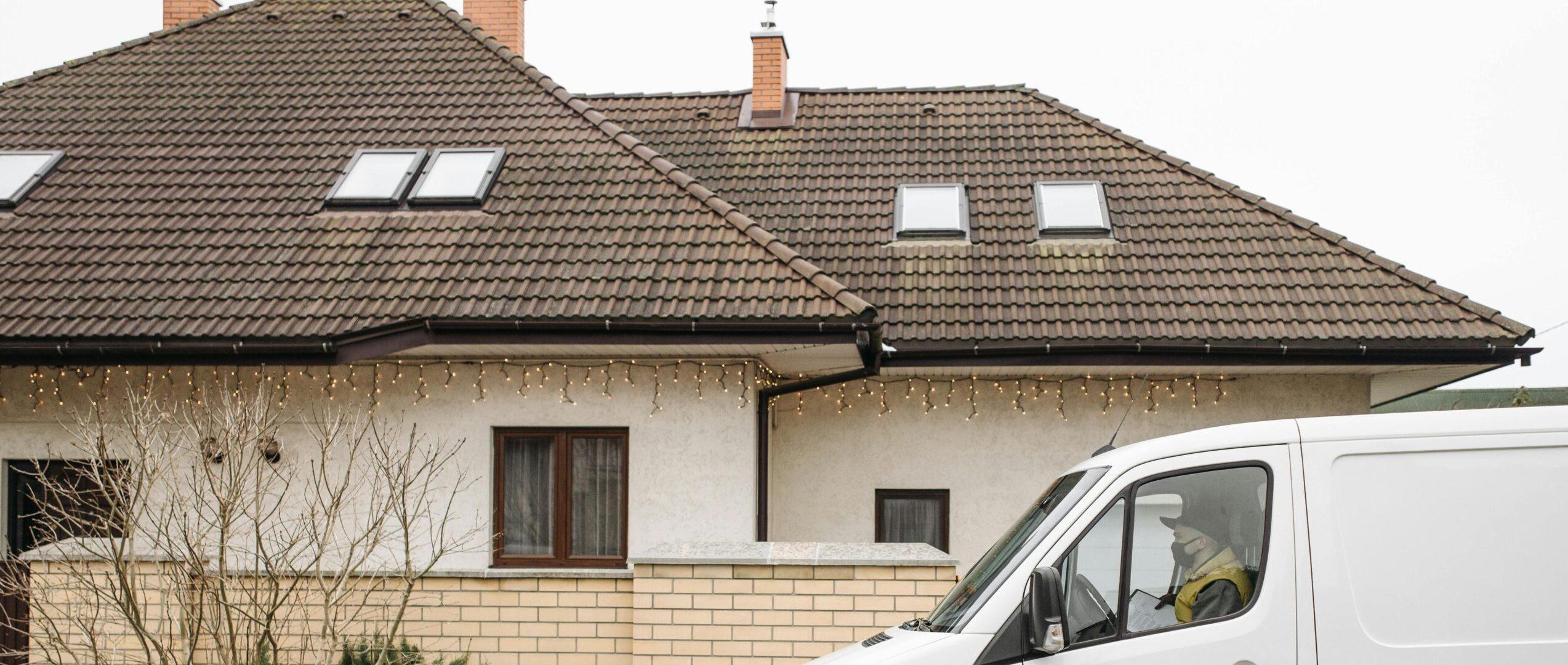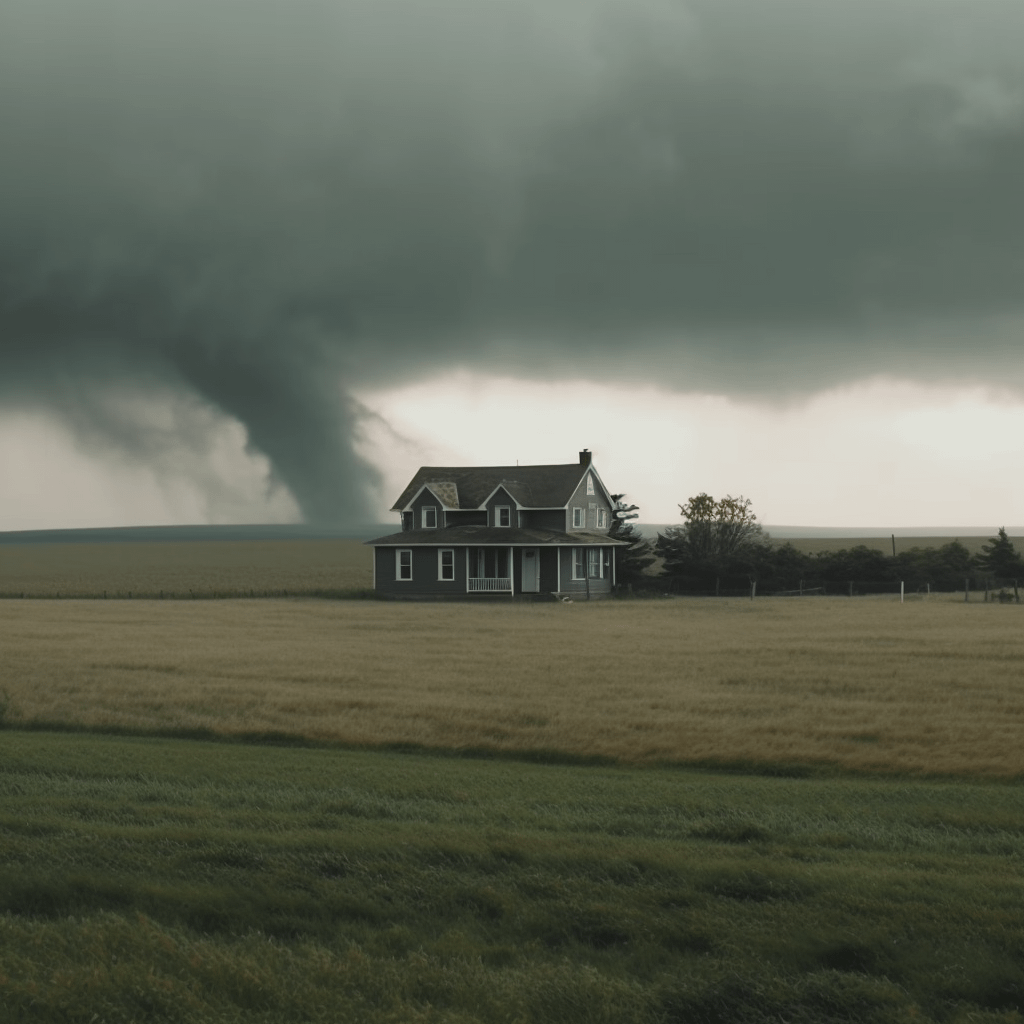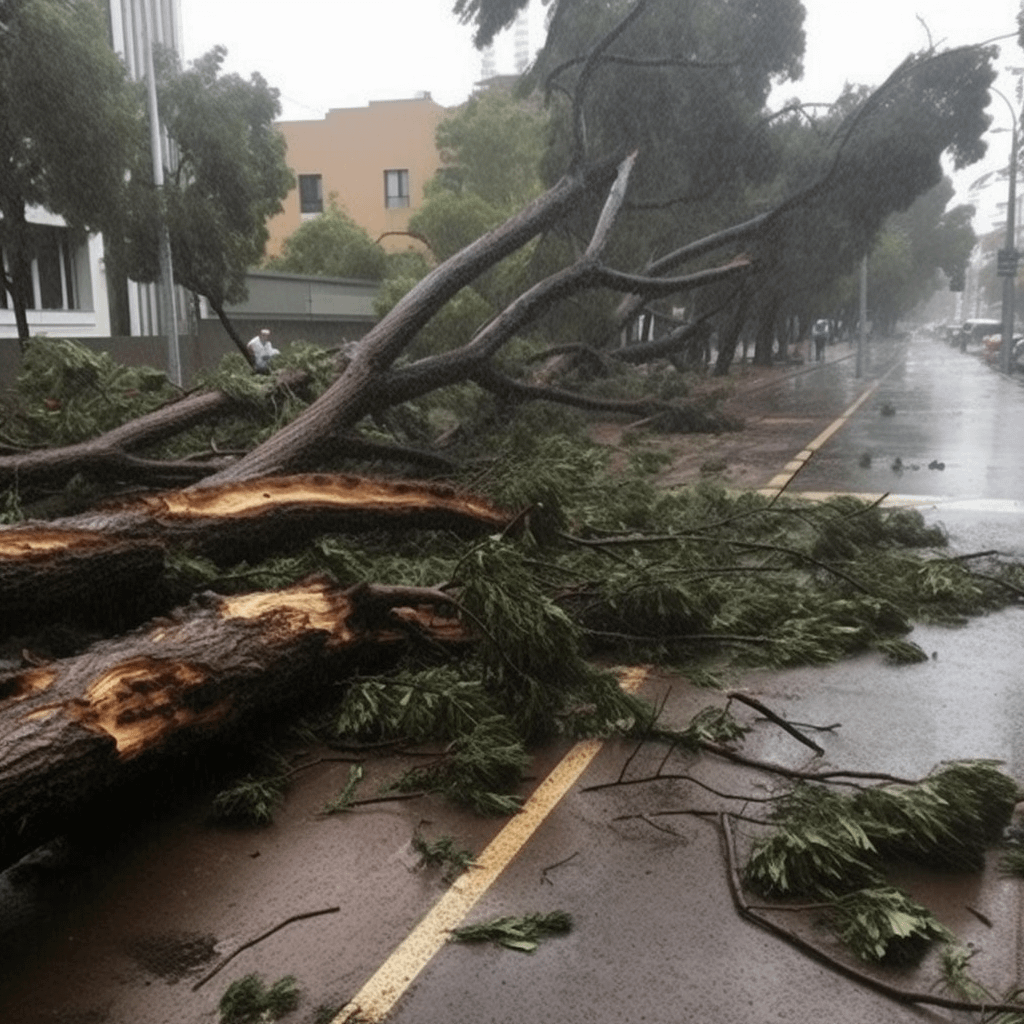After a big storm, many homeowners find roof shingles scattered across their yard or notice them lifting or curling on their roof. Wind damage to roof shingles isn’t just a cosmetic issue; it can leave your home vulnerable to further structural damage.
You pay insurance premiums for moments like this. Yet too often, homeowners find that when they file a claim for wind damage, their insurance company doesn’t want to pay for the repairs.
If this has happened to you, you’re not alone, and the good news is you have options, even if your claim has been denied. This guide will explain why insurers deny wind damage claims and what steps you should take if your claim is rejected. It will also discuss how an insurance claims attorney can help you secure the coverage you’ve been paying for all along.
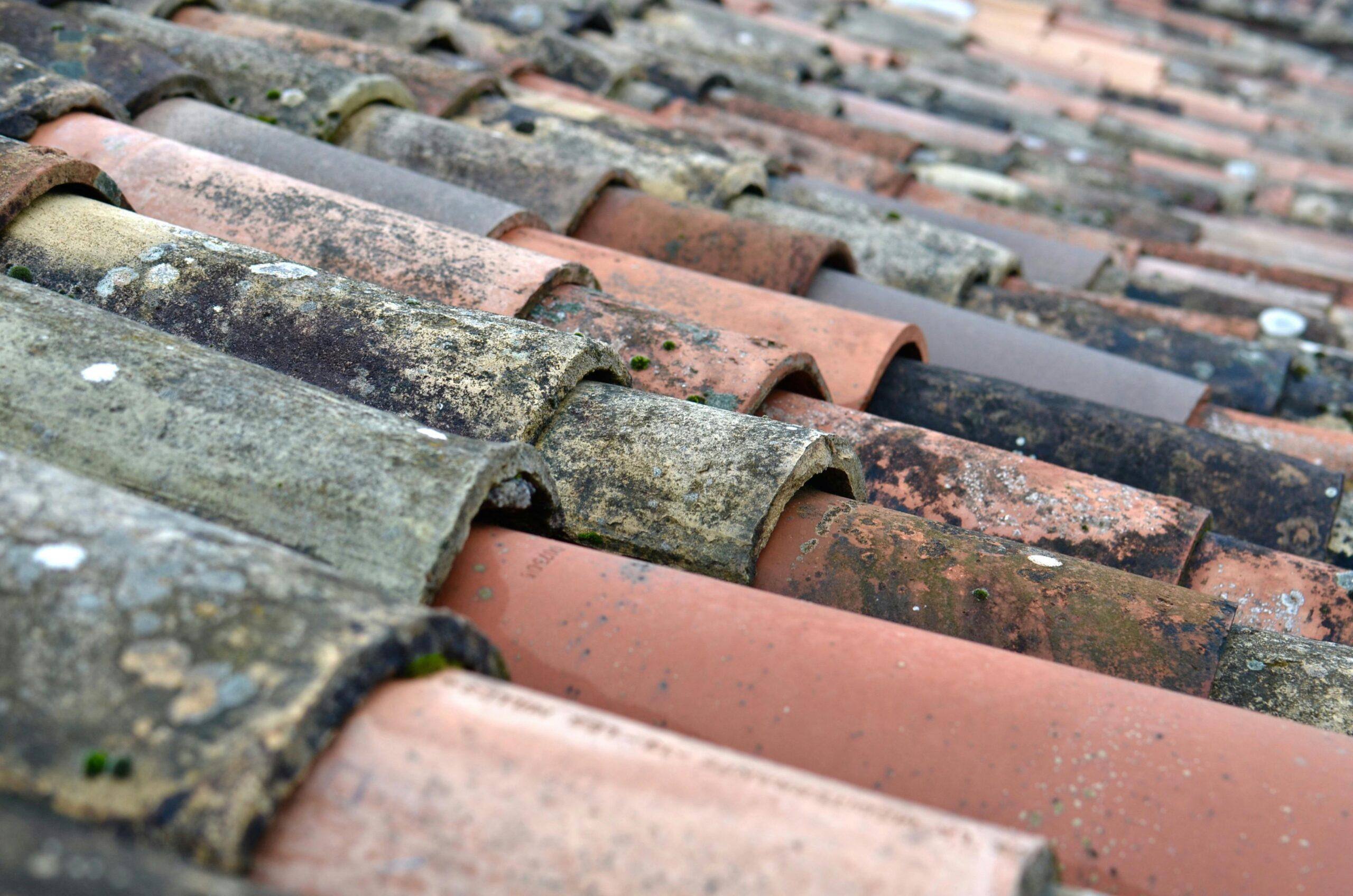
Why Wind Damage to Roof Shingles Is Important
The shingles on your roof are your home’s first line of defense. Shingles protect your home, but when strong winds cause them to come loose or completely tear off, vulnerable areas are created where water can seep in.
Water can cause damage to your insulation and drywall, as well as lead to the growth of mold. Over time, water may weaken the structural integrity of your roof.
Even small areas of damage can cause costly problems if ignored. That’s why insurance policies usually cover wind-related roof damage, because repairs are necessary to keep a home safe and livable. Unfortunately, getting carriers to pay for wind damage can be difficult.
Why Insurance Companies Deny or Underpay Wind Damage Claims
It’s frustrating to discover that your insurance company doesn’t want to pay for necessary roof repairs. Denials and low payouts are common than you think. Here are the most frequent reasons insurers give for denying a wind damage claim.
“Wear and Tear”
An insurer may try to argue that the damage was due to wear and tear. They may take the position that the roof was old and the shingles were brittle prior to a storm. This would be considered a maintenance-related issue, which is not covered by most policies.
Disputing the Cause of the Damage
An adjuster may say your roof wasn’t damaged by wind, but by poor installation or defective materials. This is a method of shifting responsibility to another party or claiming there was a pre-existing issue that caused the damage.
Partial Damage Denial
A very frequent tactic insurers use is to acknowledge wind damage but claim it’s only to a small portion of the roof. They may offer to replace or repair a handful of shingles rather than approve a full roof replacement, even when patchwork repairs may not be sufficient.
Policy Exclusions or Limitations
Policies can contain confusing language, and an insurer may say that your claim is excluded from coverage. They may point to the fine print to avoid paying a claim. You may receive a denial letter that references an obscure part of your policy that you don’t even understand.
It’s also possible your policy was updated without your knowledge. Any updates (including non-renewals) must be communicated to you in writing.
Delaying the Claim
Some insurers stall instead of outright denying a claim. They may delay the claim by requesting endless documentation or repeatedly rescheduling inspections in hopes you will simply give up and stop pursuing it.
The bottom line is that insurance companies are for-profit corporations. They maximize profits by minimizing payouts, but that doesn’t mean you have to accept their decision if you are denied.
What to Do if Your Wind Damage Claim Is Denied or Delayed
If you are facing resistance from your insurance company, there are practical steps you can take to protect yourself and strengthen your case.
- Review your policy language. It’s not an exciting read, but you’ll need to review your policy to ensure you understand the coverage language. Sections to review include wind and storm damage, exclusions (for wear and tear), deductibles for wind and hail events, and replacement cost versus actual cash value coverage.
- Document your damage. Take detailed photos and videos of your roof from multiple angles. Capture not just missing shingles but also damaged shingles that are still attached and any debris on the ground, and, if safe, climb into your attic to look for water stains or leaks.
- Keep copies of important documents and communications. Weather reports from the day the damage happened are useful, along with contractor estimates for repair. If you’ve had an inspection, keep it along with any written correspondence you have had with your insurance company.
- Request a reinspection. If your claim is denied or the settlement is too low, you can request a second inspection. Ask that a different adjuster review your property. Having a contractor or roofing expert present during this inspection can strengthen your case.
- Hire an independent roofing contractor. Insurance adjusters and the inspectors that they send to your home work for the insurance company, not for you. Hiring an independent roofing professional to give you an unbiased estimate of the repairs you need is powerful evidence on your side.
- File an appeal with your insurer. Submit a written appeal, along with all your supporting documentation, contractor estimates, and any new evidence. Be persistent and keep copies of everything.
- File a claim with the state Department of Insurance. If you feel that your insurer is acting in bad faith, file a claim with the state Department of Insurance to have them pursue an investigation.
- Call an insurance claims attorney. If your insurer still refuses to pay fairly, it’s time to talk to an attorney who focuses on insurance disputes. At Wallace Law, our lawyers are experienced and understand the tactics insurers use and can fight back on your behalf.
Your insurer may tell you that it is best not to involve lawyers, but they have an entire team of attorneys on their side. You deserve the same kind of representation.
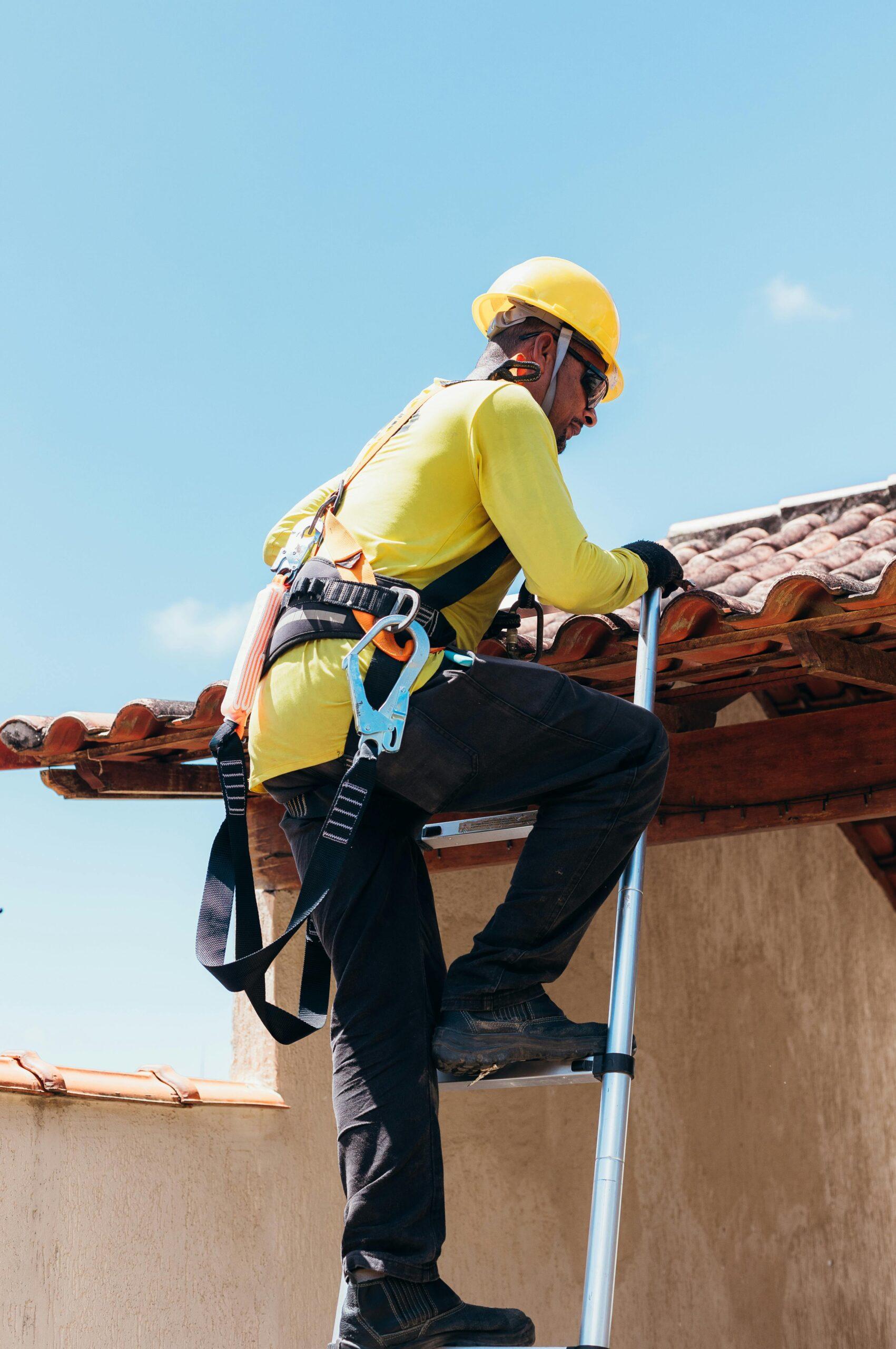
How an Attorney Can Help in Wind Damage Roof Claims
You don’t have to battle the insurance company alone. Hiring an insurance dispute attorney can support you by:
- Thoroughly reviewing your policy
- Gathering evidence to build your claim and your case
- Negotiating on your behalf
- Pursuing a bad faith claim
- Maximizing your compensation and protecting you from lowball settlement offers
At Wallace Law, our attorneys have experience working inside insurance companies. We know their playbook, and we use that insight to fight for homeowners who’ve been unfairly denied or underpaid.
Why Homeowners Often Need Legal Help
It’s natural to assume your insurance company will treat you fairly. After all, you’ve paid premiums for years. But the reality is that insurers have teams of adjusters (not to mention a strong legal team) whose goal is to minimize payouts.
Without help, homeowners can feel overwhelmed and accept far less than what’s needed to fix their roof. An attorney makes sure the insurer meets its obligations and puts pressure on them to pay what your policy promises.
Tips to Protect Yourself Before the Next Storm
While you cannot control the weather, you can take steps to protect your home and strengthen any future insurance claim:
- Keep your roof maintained and document its condition with yearly photos.
- Save receipts for repairs or maintenance.
- Review your insurance policy annually to understand deductibles and exclusions.
- After storms, inspect your roof promptly and report any issues.
Proactive steps can make it harder for insurers to claim “pre-existing damage” later on.
Why Choose Wallace Insurance Law?
At Wallace Law, we know the insurance industry from the inside. Our attorneys have represented insurance companies before turning our focus to policyholders. That means we know the tactics insurers use and how to beat them.
We’ve helped homeowners recover six and seven-figure settlements in property damage cases, including major wind and hail damage claims. Our team works on a contingency basis and doesn’t get paid until you do.
If your insurance company has denied or delayed your wind damage claim, we’re ready to fight for you.
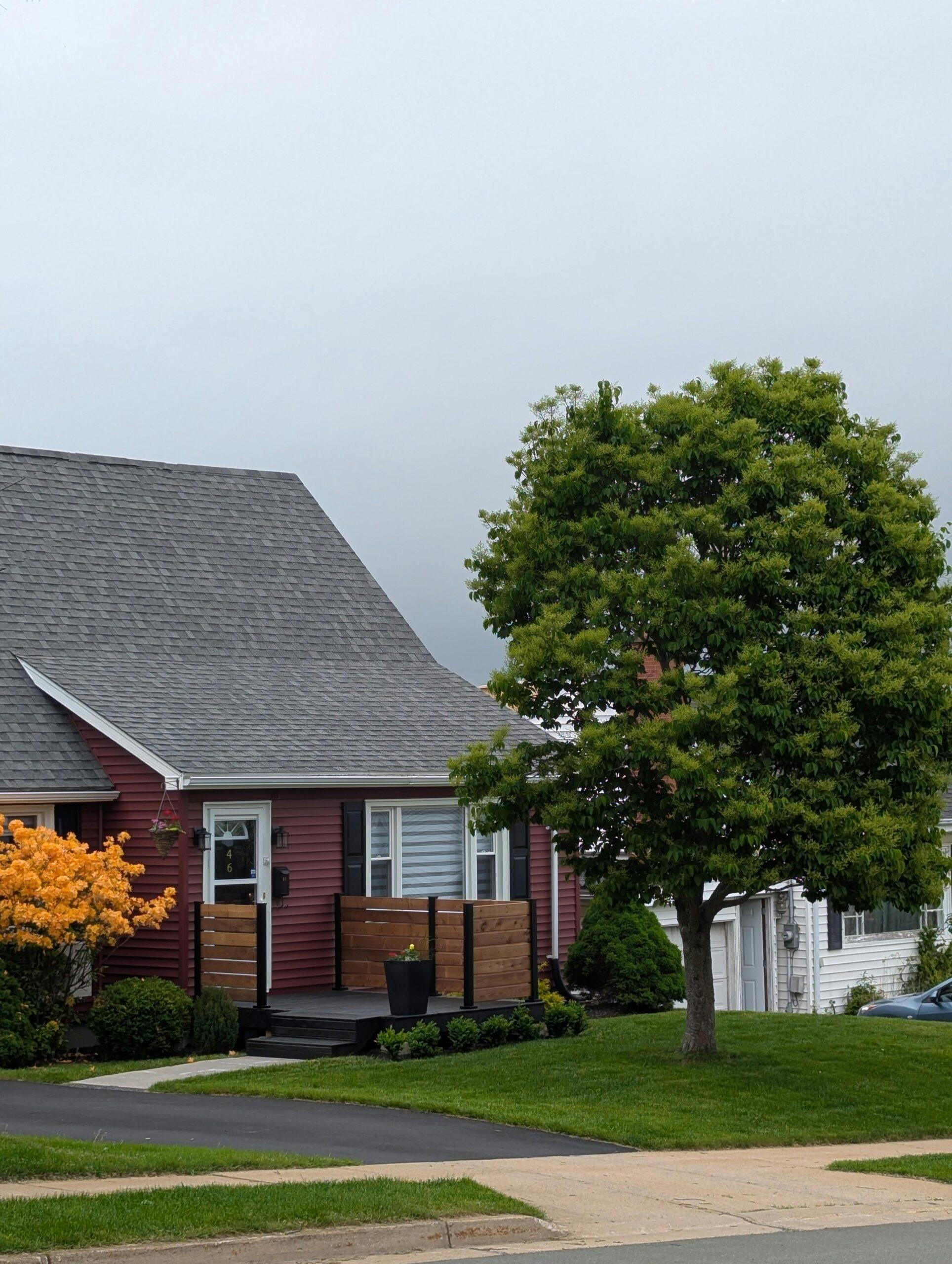
Take Action Today
Wind damage to roof shingles is serious. Problems that might seem small now could rapidly develop into bigger problems later. If you fail to file a claim now, you could jeopardize your right to recovery and repair in the future.
Don’t let your insurance company leave you with unsafe conditions or unfair bills. If your claim has been denied or underpaid, you have options. Contact Wallace Law today for a free case evaluation, and we’ll get to work reviewing your coverage and picking up your claim exactly where it is.

